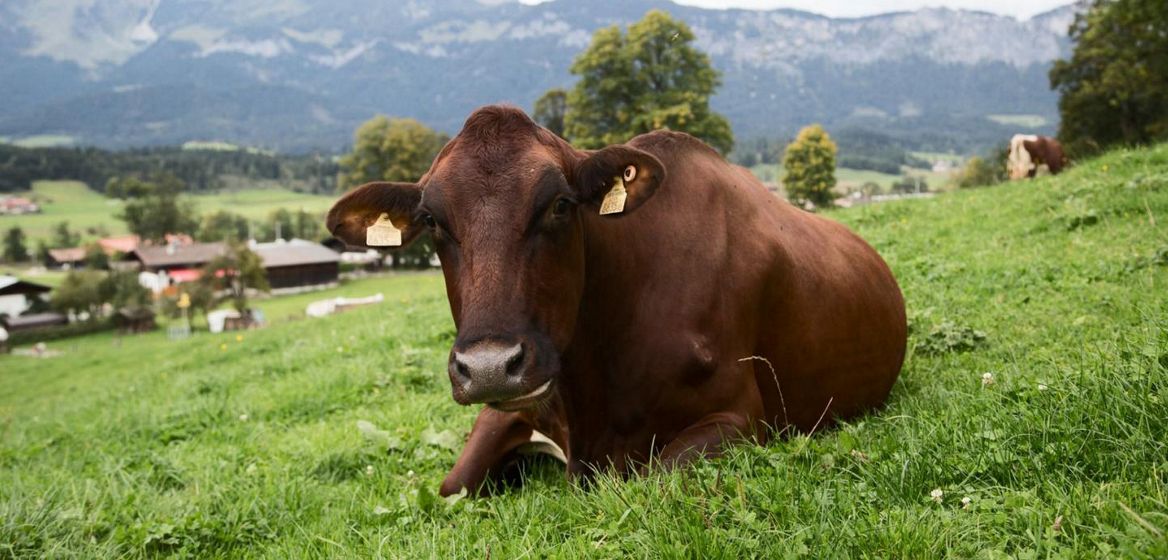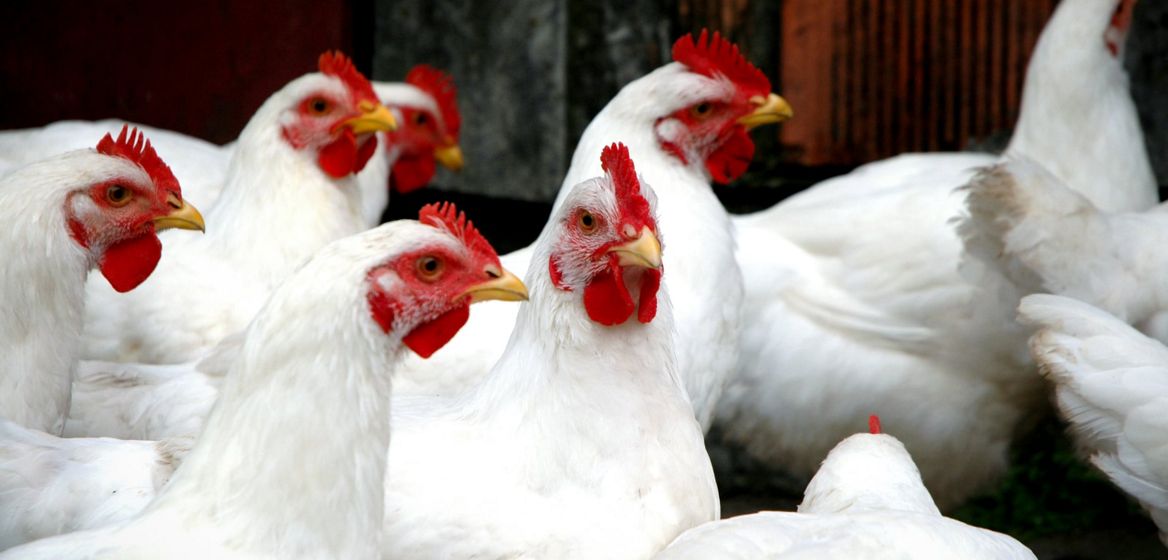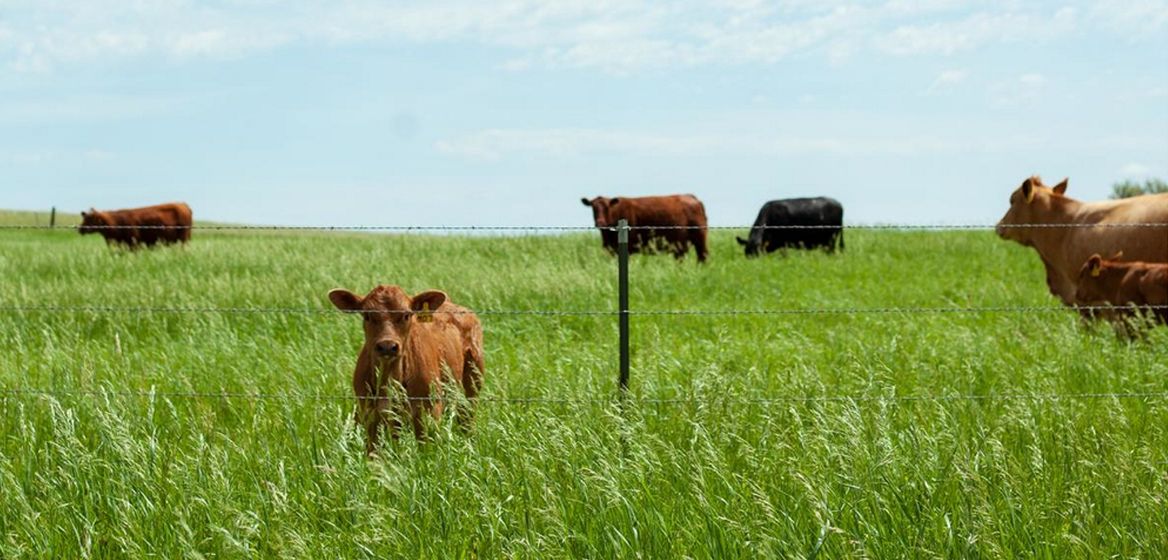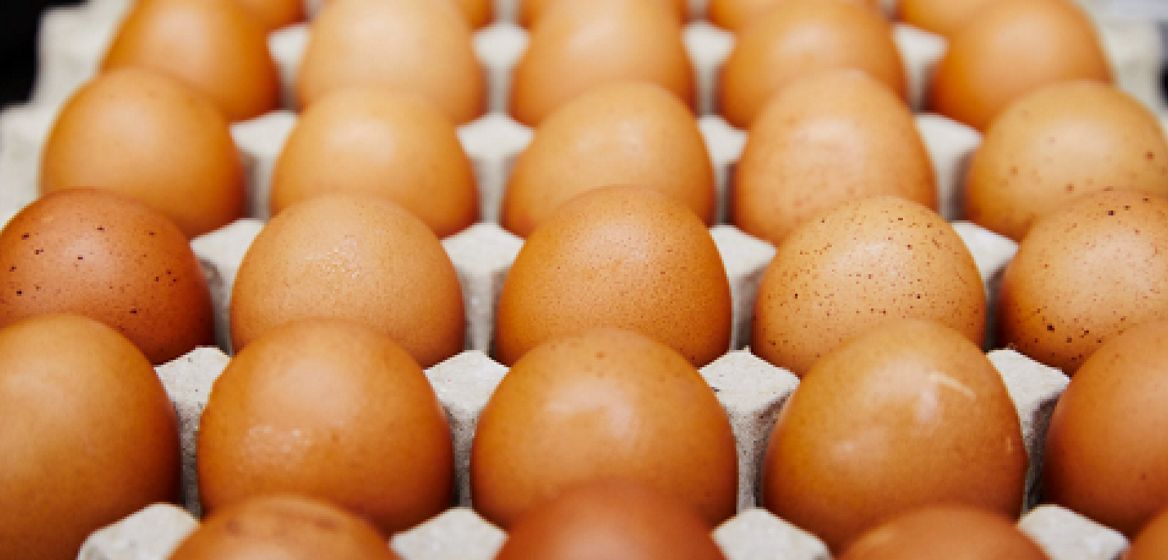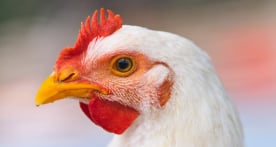Animal Health & Welfare
The health and welfare of animals in the Company’s supply chain is a priority.
We believe that serving safe, quality food requires sourcing animals that are properly cared for throughout their lives. This is why the Company prioritizes animal health and welfare, and responsible antibiotic use.
We ask our suppliers to follow our standards in this area, in addition to complying with applicable laws.
Our Recent Progress
- We are currently on track to achieve our eight Broiler Welfare Commitments across our in-scope markets, which are expected to be fully implemented by the end of 2024.
- As of the end of 2023, more than 96% of our pork purchased in the U.S. comes from suppliers that have phased out the use of gestation stalls (small, enclosed pens) for housing confirmed pregnant sows.
- As of the end of 2023, McDonald’s USA has achieved its commitment to sourcing 100% cage-free eggs by 2025 – two years ahead of schedule.
See our latest Purpose & Impact Report on the Goal Performance & Reporting page for more on our goals and performance.
Our Strategy
We believe we have a responsibility to help improve the health and welfare of animals in our supply chain, and we work with our global network of suppliers to actively encourage industry and cross-sector collaboration on this topic. To help us achieve a positive impact in this area, we engage with recognized subject-matter experts and academia. Using an approach that considers everything from key welfare indicators to humane slaughter, we aim to leverage scale to help drive positive outcomes.
Supply Chain Requirements
The Company has various programs and systems that outline animal health and welfare requirements for suppliers. For example:
- The Global Raw Material Sponsorship Program defines the Company’s annual food safety, animal health and welfare, and supplier workplace accountability requirements for raw material suppliers of beef, chicken and pork.
- The Global Sustainable Sourcing Guide outlines category-specific sustainability requirements, which are also embedded in product specifications.
- The Company’s Global and market Quality Systems teams periodically contact suppliers to review their performance against the Company’s policies and to help ensure consistent implementation and continuous improvement.
- McDonald’s animal health and welfare standards are defined for each protein and verified through recurring independent audits of slaughterhouses. Where these audits find noncompliance, we take appropriate steps, including confirming corrective action plans have been implemented or suspending the relationship.
Standards to Help Promote Humane Slaughter of Beef, Chicken and Pork
The Company requires that, for raw material suppliers of beef, chicken and pork, slaughterhouses follow a practice of humanely stunning animals prior to slaughter (except to the extent prohibited for religious reasons). We believe stunning animals ensures insensibility before slaughter; it is a critical animal welfare measure we audit against to help confirm it is being followed. We ask our suppliers to follow religious slaughter requirements, including Halal and Kosher, when required.
Focus on Beef and Dairy
McDonald’s is a founding member of the Global Roundtable for Sustainable Beef (GRSB) and strongly supports its initiatives to achieve progress across several areas, including animal health and welfare. See our Responsible Sourcing page for examples of how we’re applying these core principles. For details of how we’re advocating for responsible antibiotic use in the beef industry, see our Responsible Antibiotic Use page.
U.S. Dairy Suppliers
The Company conducts an annual certificate of compliance process to confirm U.S. dairy suppliers, and the farms they source from, participate in the FARM (Farmers Assuring Responsible Management) Animal Care Program.
Focus on Chicken
We formed the Chicken Sustainability Advisory Council (CSAC) in 2018 to help inform our chicken welfare and sustainability strategy. The group includes animal welfare experts, chicken suppliers, academics and researchers, as well as nongovernmental organizations (NGOs).
McDonald’s is a founding member of the International Poultry Welfare Alliance (IPWA) and the U.S. Roundtable for Sustainable Poultry & Eggs. Additionally, in 2023, we endorsed a set of antimicrobial use stewardship principles established by the International Poultry Council (IPC) as part of the U.S. Agency for International Development (USAID)-funded Transformational Strategies for Farm Output Risk Mitigation (TRANSFORM) project. By endorsing these principles, we commit to encouraging or taking action against four key points:
- Take a risk-based approach around each instance of antimicrobial use and consider why, when, which and how much to administer.
- Adopt farm management practices that improve animal health and would reduce the need for antimicrobial use.
- Use antimicrobials only in compliance with national authorizations.
- Only use antimicrobials critically important for human medicine under a supervising veterinarian’s diagnosis and oversight.
For details of our global chicken antibiotics efforts, see our Responsible Antibiotic Use page.
Sourcing Broiler Chickens Raised With Improved Welfare Outcomes
McDonald’s takes an outcome-based, holistic approach to chicken sustainability – one that prioritizes animal health and welfare while balancing additional considerations such as environmental impacts.
In 2017, McDonald’s announced a global commitment to source chickens raised with improved welfare outcomes. To achieve this, we outlined eight Broiler Welfare Commitments in 13 of our key markets,1 which are expected to be fully implemented by the end of 2024. The in-scope markets represented more than 58% of our global chicken supply as of the end of 2023.
Our eight commitments to broiler welfare include:
- Establishing and convening the McDonald’s CSAC.
- Measuring key farm-level welfare outcomes.
- Developing state-of-the-art welfare measurement technology.
- Providing enrichments to support natural behavior.
- Running commercial trials to study the effects of certain production parameters on welfare outcomes.
- Utilizing Controlled Atmospheric Stunning (CAS) in the U.S. and Canada.
- Implementing third-party, on-farm auditing.
- Completing an assessment to measure the feasibility of extending these commitments to additional global markets where McDonald’s operates.
To see additional detail and progress on each commitment, please read more in our latest Purpose & Impact Report.
Focus on Eggs
In the U.S.
In 2015, McDonald’s USA made a commitment to sourcing 100% cage-free eggs by the end of 2025. McDonald’s engaged animal welfare experts and academics to help egg producers build and renovate their farms and implement new technology to help us promote a cage-free egg supply.
Through years of partnership with, and support from, our suppliers, we were able to drive the significant industry change necessary to meet our target. As of the end of 2023, during which McDonald’s USA purchased almost 2 billion eggs, McDonald’s has achieved its goal to source 100% cage-free eggs in the U.S. – two years ahead of schedule.
Across the Globe
We have made progress on sourcing cage-free eggs in other markets across the globe, as have our Franchisees. For example, the Canadian market has set a goal of sourcing 100% cage-free eggs by the end of 2025 and had achieved this goal as of the end of 2023. Other examples of markets that have achieved 100% cage-free or free-range egg supply chains include Australia, France and Germany. Some of our Franchisees have also set their own goals, including Arcos Dorados, which has set a commitment to transition to sourcing cage-free shell eggs by 2025.2
Focus on Pork
As of the end of 2023, more than 96% of pork purchased in the U.S. comes from suppliers that have phased out the use of gestation stalls for housing confirmed pregnant sows. This marks continued significant progress on our journey to maximize the time pregnant sows spend in a group environment. Our commitment is guided by the industry- and American Association of Swine Veterinarians (AASV)-endorsed definition for group housing for pregnant sows.
Phasing out the use of gestation stalls for housing pregnant sows in the U.S. is a goal that remains vital to McDonald’s business and builds on our decades-long commitment to animal health and welfare. We remain committed to this journey and are on track to achieve our U.S. target by the end of 2024.
For details of our efforts to drive responsible antibiotics use in pork supply chains, see our Responsible Antibiotic Use page.
Footnotes
1 Broiler welfare: These commitments apply to chickens raised for sale at McDonald’s restaurants in Australia, Canada, France, Germany, Italy, Ireland, the Netherlands, Poland, South Korea, Spain, Switzerland, the U.K. and the U.S. Russia has been removed from the scope of this goal based on our 2022 exit from this market.
2 Market- and Franchisee-specific commitments: Arcos Dorados, Australia, Canada, France, Germany.
Latest Stories

